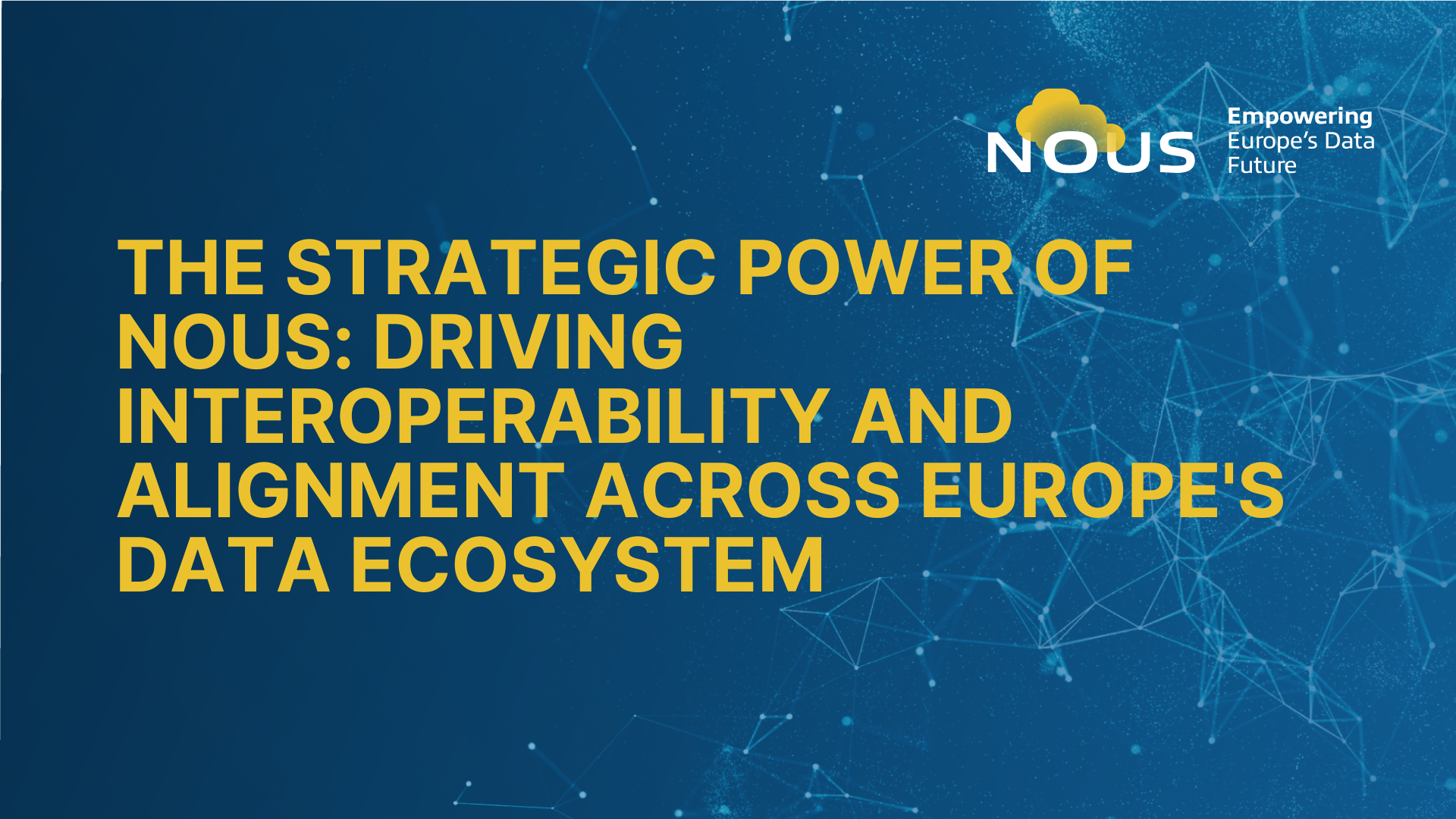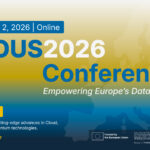In the context of Europe’s digital transformation, interoperability is no longer a technical aspiration – it’s a political, economic, and societal imperative. This was powerfully demonstrated through two recent workshops organized under the NOUS initiative, which convened diverse actors across Europe’s data infrastructure ecosystem.
Far from being isolated technical demonstrations, these workshops, held on March 26 and June 25, 2025, served as strategic convergence points. They fostered alignment, built trust across initiatives, and laid the groundwork for long-term collaboration between some of Europe’s most influential digital programmes: Gaia-X, EOSC, FIWARE, the Data Spaces Support Centre (DSSC), and others.
These workshops signaled that Europe is no longer simply investing in technical pilots – it is building an ecosystem of trust and interoperability at scale.
Beyond workshops: catalysts for ecosystem convergence
The NOUS-led workshops marked a significant shift from fragmented development toward systemic coordination. Each session was carefully curated not just to present progress, but to identify synergies, share reusable tools, and align efforts across research, policy, and industry.
Key impacts included:
- Breaking down silos between initiatives: By bringing together stakeholders from Gaia-X, EOSC, FIWARE, BDVA, and DSSC, the workshops enabled critical cross-pollination of ideas. Each initiative, while unique in scope, faces overlapping challenges – from semantic interoperability to trust management. These events created a space for shared problem-solving.
- Showcasing complementarity, not competition: Rather than duplicate efforts, the workshops highlighted how each initiative contributes to the broader vision of a federated, sovereign data infrastructure. Gaia-X offers trust frameworks, EOSC leads in research data federation, FIWARE enables modular open-source tools, and DSSC provides structural alignment, all of which are now seen as interdependent pieces.
- Accelerating adoption through community-driven interoperability: The events demonstrated how collaboration shortens the path from research to real-world deployment. Through NOUS’ work on plug-and-play models, and the open sharing of architectural and governance approaches, barriers to uptake are being actively reduced.
The strategic role of nous: a trusted interoperability enabler
What makes NOUS particularly effective is its positioning as both a neutral orchestrator and a technological innovator. NOUS is acting as a bridge—linking existing assets, aligning terminologies, and enabling low-friction onboarding into interoperable data ecosystems.
By supporting open dialogue across institutional and technical domains, NOUS is demonstrating that interoperability is not simply about technology. It is about governance, trust, and community-building. In doing so, it has become a connector of connectors: fostering dialogue between edge technologies, open-source platforms, academic infrastructures, and policy-aligned data spaces.
In a space often defined by complexity, the NOUS interoperability workshops reminded the European community that collaboration is the most powerful architecture of all.




